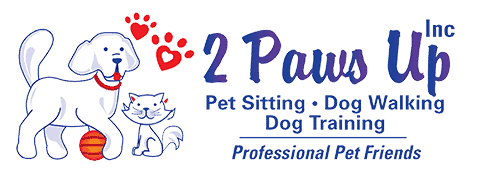 If a dog has kennel cough he may continuously keep making noises that sound like he’s choking also known as canine infectious Tracheobronchitis, kennel cough sounds a lot worse than it is. It is normally very minor and very treatable.
If a dog has kennel cough he may continuously keep making noises that sound like he’s choking also known as canine infectious Tracheobronchitis, kennel cough sounds a lot worse than it is. It is normally very minor and very treatable.
Kennel Cough Description
Kennel cough is a lot like the human’s common cold. It too can be caused by a virus. The most common culprits is a bacteria called Bordetella also known as Bronchiseptica. Kennel cough is more commonly known by the name of Bordetella. Normally a dog infected with Bordetella will be infected with a virus as well. If a dog is infected with Bordetella they are more than likely already infected with a virus such as canine adenovirus, canine herpes virus, canine distemper virus, and/or canine recovers.
Kennel cough is infectious through inhalation of virus particles or bacteria into the respiratory tract also known as being airborne. The coating of mucus that lines the tract can trap infectious particles. Some things can weaken that protection and cause dogs to be more prone to the kennel cough infection. This will result in inflammation of the trachea also known as a windpipe and larynx also known as a voice box.
The factors include the following:
-Colder temperatures
-Stress from travel
-Dust or cigarette smoke exposure
-Environments with crowded animals and/or poor ventilation systems
Kennel Cough Symptoms
The most common symptom of kennel cough is a forced consistent cough. This cough is distinct from what is called a reverse sneeze. A reverse sneeze is mostly seen in small dog breeds. In some dogs this is completely normal and may be caused by post nasal drip or an irritation of the throat.
Other symptoms of kennel cough that are less common but are very possible can be sneezing, runny nose, and eye discharge. Kennel cough does not cause a loss of appetite or less energy levels.
Prevention and Treatment of Kennel Cough
Unfortunately, this illness is very contagious. If it is certain or even if there is a possibility of infection in a dog the dog must be quarantined and kept away from other animals and the vet should immediately be called for questioning.
A lot of cases of Kennel Cough will resolve after taking its course and within time or without treatment however, medication could possibly speed up the healing time of the infection. Medication may also take the edge off of the dog’s symptoms helping the dog become more comfortable. Medication can be antibiotics that are for Bordetella or even cough medicine will suffice.
Any type of a restraint on the dog’s throat such as a collar may worsen the dog’s cough. It is best to use a harness so as to not put any pressure on the dog’s throat while still keeping control of the dog in their time of illness. It may even help with the dog’s cough to use a humidifier in the dog’s environment to at least lessen the cough.
It can take approximately just three weeks for a dog to completely heal from their case of kennel cough. In dogs that have medical conditions or older dogs it may stretch in to a healing time frame of about six weeks or so. Extreme cases of kennel cough do have the possibility to become pneumonia making it very important to keep in touch with a vet and to pay very close attention to the severity of the dog’s condition. A vet definitely needs to be called if the healing time frame becomes exceeded without cause. If a dog’s symptoms worsen or if the dog begins to be listless, refuses to eat, or has rapid breathing a vet must be contacted immediately as this may be signs of a more serious or untreatable condition.
Many different forms of kennel cough prevention come in an injection, one by mouth, and a nasal spray. Because kennel cough can be caused by so many different viruses and bacteria, these remedies are not a guarantee but are also helpful in some cases. None of these methods will make an existing infection go away and it is purely for prevention purposes only. The nasal spray and the method of taking the vaccine by mouth is normally given to dogs once a year. When a dog has a higher risk of getting kennel cough, like being boarded at a kennel, they are recommended to get it every 6 months instead. These methods seem to have a faster effect than the injections.




This site is absolutely fabulous!
Keep up the great work guyz.